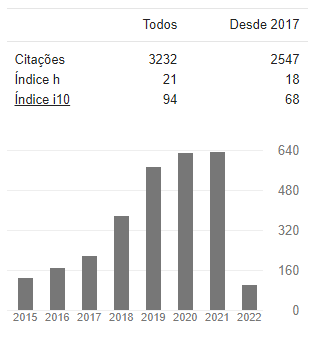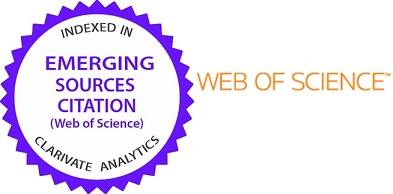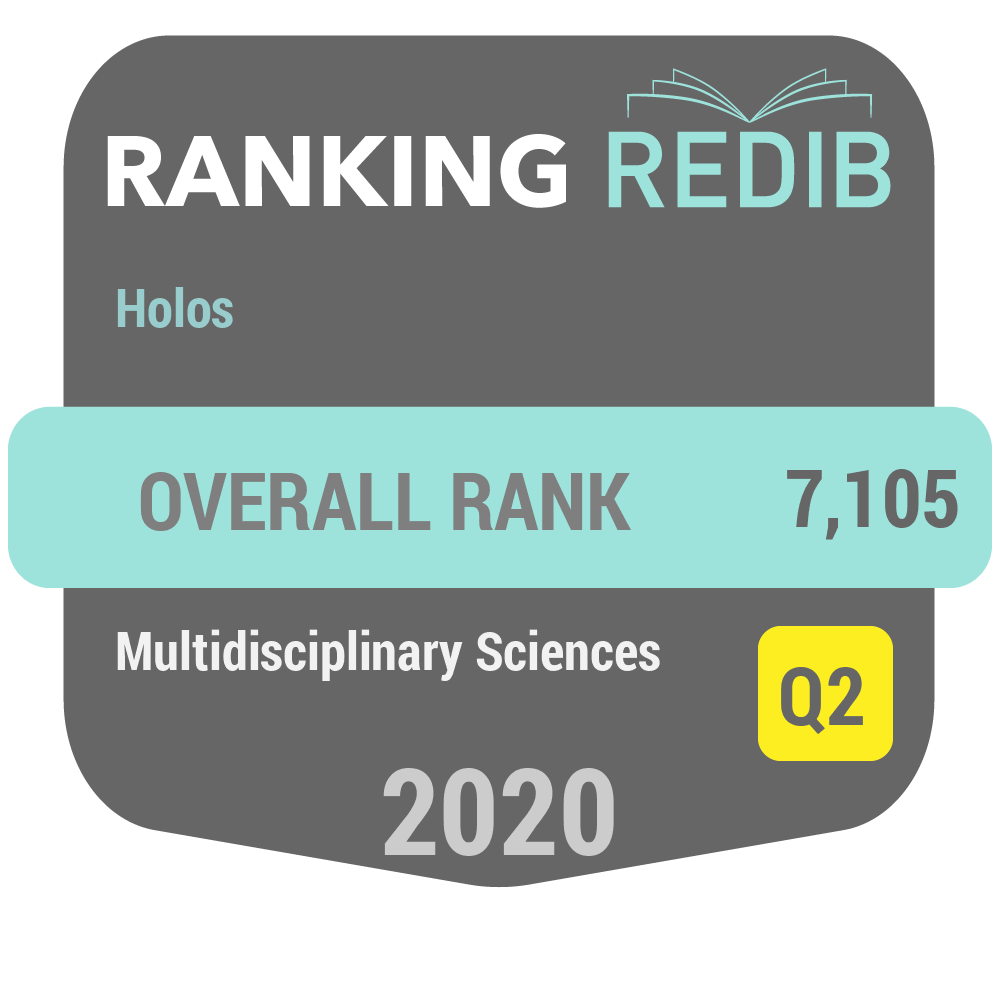SINGLE-PHASE AND TWO-PHASE SECONDARY COOLANTS: SIMULATION AND EVALUATION OF THEIR THERMOPHYSICAL PROPERTIES
DOI:
https://doi.org/10.15628/holos.2011.540Resumo
This paper makes a comparative analysis of the thermophysical properties of ice slurry with conventional single-phase secondary fluids used in thermal storage cooling systems. The ice slurry is a two-phase fluid consisting of water, antifreeze and ice crystals. It is a new technology that has shown great energy potential. In addition to transporting energy as a heat transfer fluid, it has thermal storage properties due to the presence of ice, storing coolness by latent heat of fusion. The single-phase fluids analyzed are water-NaCl and water-propylene glycol solutions, which also operate as carrier fluids in ice slurry. The presence of ice changes the thermophysical properties of aqueous solutions and a number of these properties were determined: density, thermal conductivity and dynamic viscosity. Data were obtained by software simulation. The results show that the presence of 10% by weight of ice provides a significant increase in thermal conductivity and dynamic viscosity, without causing changes in density. The rheological behavior of ice slurries, associated with its high viscosity, requires higher pumping power; however, this was not significant because higher thermal conductivity allows a lower mass flow rate without the use of larger pumps. Thus, the ice slurry ensures its high potential as a secondary fluid in thermal storage cooling systems, proving to be more efficient than single-phase secondary fluids.Downloads
Não há dados estatísticos.
Downloads
Publicado
26/09/2011
Como Citar
Medeiros, P. S. G., Barbosa, C. R. F., & Fontes, F. de A. O. (2011). SINGLE-PHASE AND TWO-PHASE SECONDARY COOLANTS: SIMULATION AND EVALUATION OF THEIR THERMOPHYSICAL PROPERTIES. HOLOS, 4, 91–101. https://doi.org/10.15628/holos.2011.540
Edição
Seção
ARTIGOS





































